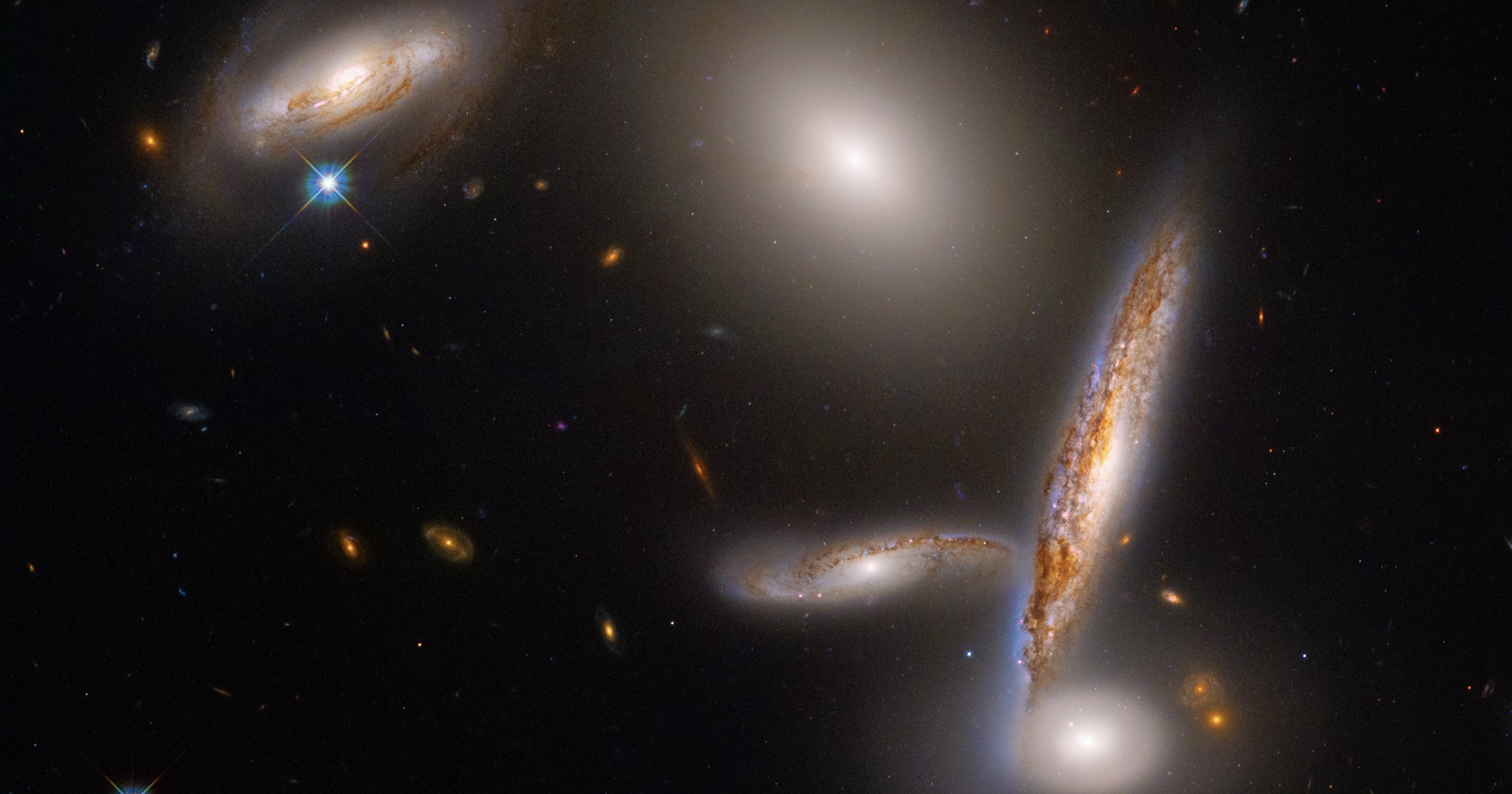Physicist Rob Sheldon writes:
A correspondent asked me recently how we know the age of the universe. The answer is calculated from the inverse of the Hubble constant. That is, if the galaxies are moving away from us at 72 km/s /Mpc, that has units of 1/time, the inverse is the age of the universe (more or less) because it locates the time since everything was at a point. For the universe to be younger, the Hubble constant has to be bigger. In fact, when Hubble first proposed his constant, it gave an age of the universe of about 4 billion years, which is the age of the oldest rocks in the Earth. However every decade saw a decrease in the Hubble constant (and an increase in the age of the universe) due to recalibrations, such that astronomer Virginia Trimble was betting on an age close to 30 billion years (I have her papers). She was a visiting professor at the University of Maryland in my graduate school days.

Unfortunately she was wrong, and the Hubble constant stopped moving despite three or four recalibrations in the last two decades. It is now at either 67 or 72 km/s/Mpc depending on the technique you use, which is also called the “Hubble tension” because the averages aren’t changing but the error bars are shrinking. The inverse of that number is about 13.7 billion years. For a younger universe you would need to modify the Hubble law (include acceleration or inflation or deflation or what have you). And then you are moving into the wild and wooly world of speculation, rather than recognizable science.
Evolution News
When you stop to think about it, it’s nothing short of amazing that humans, with our relatively ephemeral lives, have been able to determine the age of the universe.